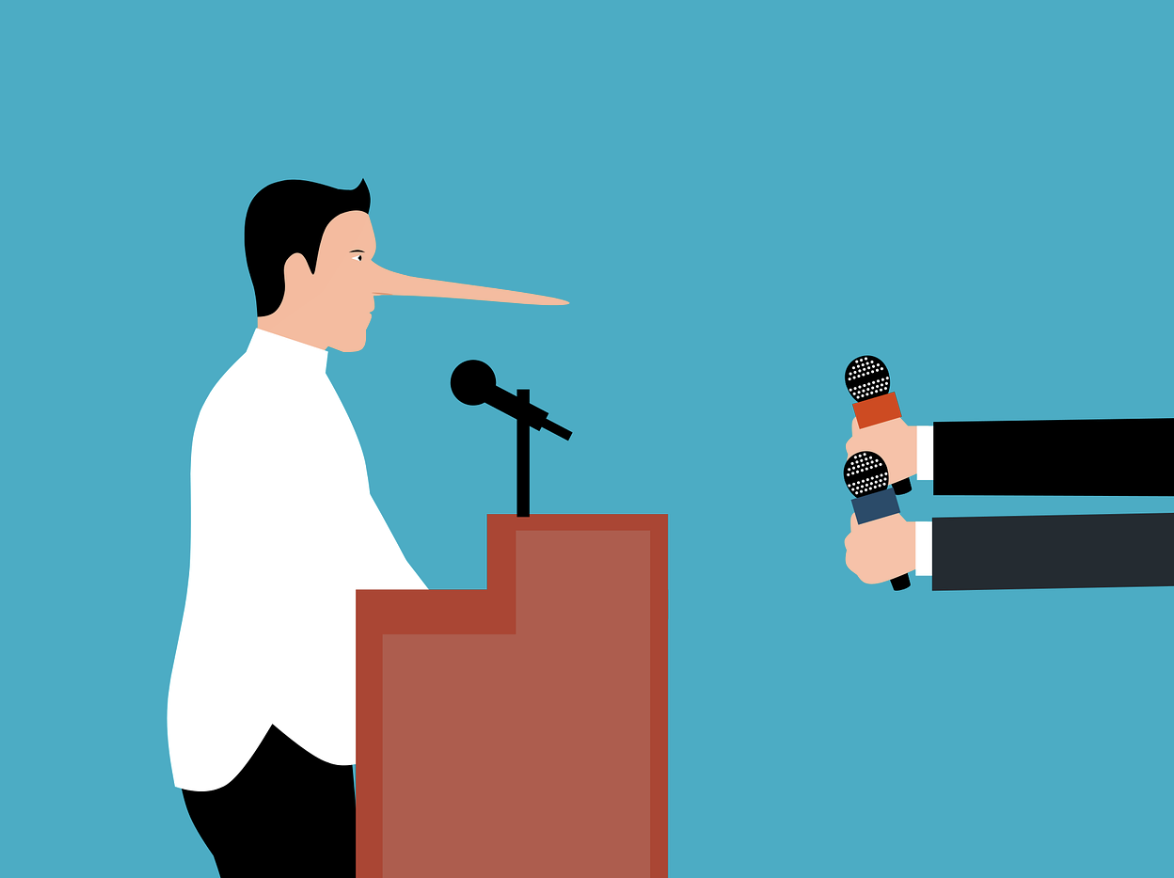Winning over customers can be hard. Even if you have a good product that you believe in, it can be hard to compete with the many other companies out there that are selling similar products.
In an attempt to outshine the competition, you may get tempted into telling lies. You may find that these lies help you win over some customers. However, in the long run there are many dangers that come with lying. If the truth gets out, you could find yourself faced with unhappy customers, negative public feedback, lawsuits or even negative media attention.
But what if no-one finds out? While some companies are able to get away with lies, there will always be the fear of one day being discovered. Every sale you make may also come with a sense of guilt that could be hard to shake off. In other words, dishonest marketing almost always has negative consequences.
So, just what are some dishonest marketing strategies that you should be avoiding? There are a few ways in which you can tell lies in order to win over customers. Below are some of the most common forms of deceitful marketing and why you should avoid them.
Buying Followers and Likes
A large social media following can give people the impression that your business is popular and well-established. As a result, some people resort to buying followers.
This may convince some people to use your business. However, you could find that it does more damage overall. Firstly, your existing followers may think it’s a bit odd that you’ve suddenly got a thousand followers overnight. It could be particularly suspicious that none of them are interacting with your posts (most bought followers are inactive accounts or bots). You can fix this by buying likes, but you’ll likely be buying likes every time you post new content. Social media sites also periodically delete inactive accounts, so you could find that your fake followers all suddenly disappear one day.
You’re much better off building a social media following through advertising and engaging content. It will be a much more gradual process, but you’ll build a following that is authentic and more likely to engage. Remember that you can always hire help with social media marketing – digital marketing agencies like Yellowstone Digital Media will help you to build that following organically.
Faking Reviews and Testimonials
A lot of people will read reviews before trusting whether to use a company. If you haven’t got any positive reviews or testimonials, you may be tempted to create an account and post a fake glowing review. You may even be tempted to post a fake negative review of a competitor.
This is a dangerous game – not only are fake reviews deceitful, but they’re also illegal. There’s a low chance that anyone will discover the truth, however there have been times when it’s happened and companies have faced heavy penalties for it.
Instead of faking reviews, focus on generating reviews from genuine happy customers. You can prompt customers into leaving reviews by directly asking them – either in person or via an email. This guide by Neil Patel offers more tips for encouraging positive reviews.
Posting False Product Information
When it comes to writing product information on your website or explaining your product in videos, you should be careful of claiming information that could be false. Certain claims could get you into legal trouble and may even be classed as illegal (such as claiming that a food product is ‘organic’ when it does meet such requirements).
Make sure that you’re completely transparent about how your product is made and what it can do. If your product has flaws, it may be better to simply not mention them or to simply draw more attention to your product’s strengths. When promoting third-party products, research the company extensively so that you’re providing accurate information.
Lying about Your Company Achievements
Lying about your company achievements is also something you should avoid. This includes claiming to achieve certain things for certain customers, or claiming that you have certain credentials or experience. Unless you’ve meticulously covered up your tracks (which has become increasingly harder to do in the internet age), you could find that the truth comes out and your reputation will likely take a knock.
You should only ever brag about things that you and your company have truly achieved off your own back. If other parties were involved, credit them for their work. Stay quiet about things you haven’t achieved – there’s no need to draw attention to such things unless someone asks.








![Read more about the article [Funding alert] Lummo secures $80M in Series C round from Tiger Global, Sequoia Capital India](https://blog.digitalsevaa.com/wp-content/uploads/2022/01/ImagesFrames9-1642583050559-300x150.png)

